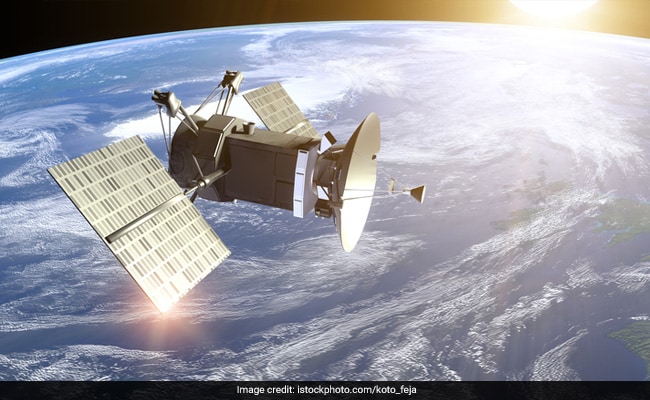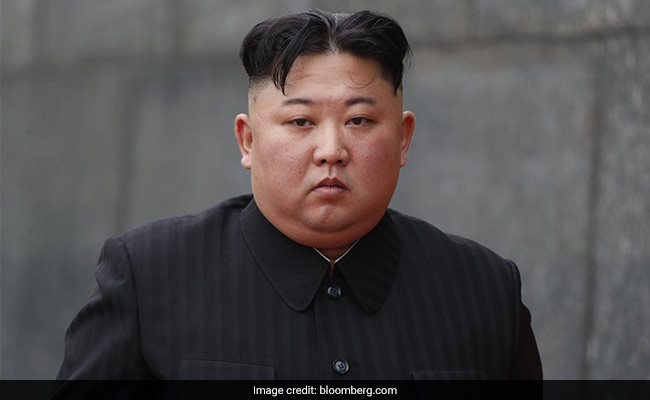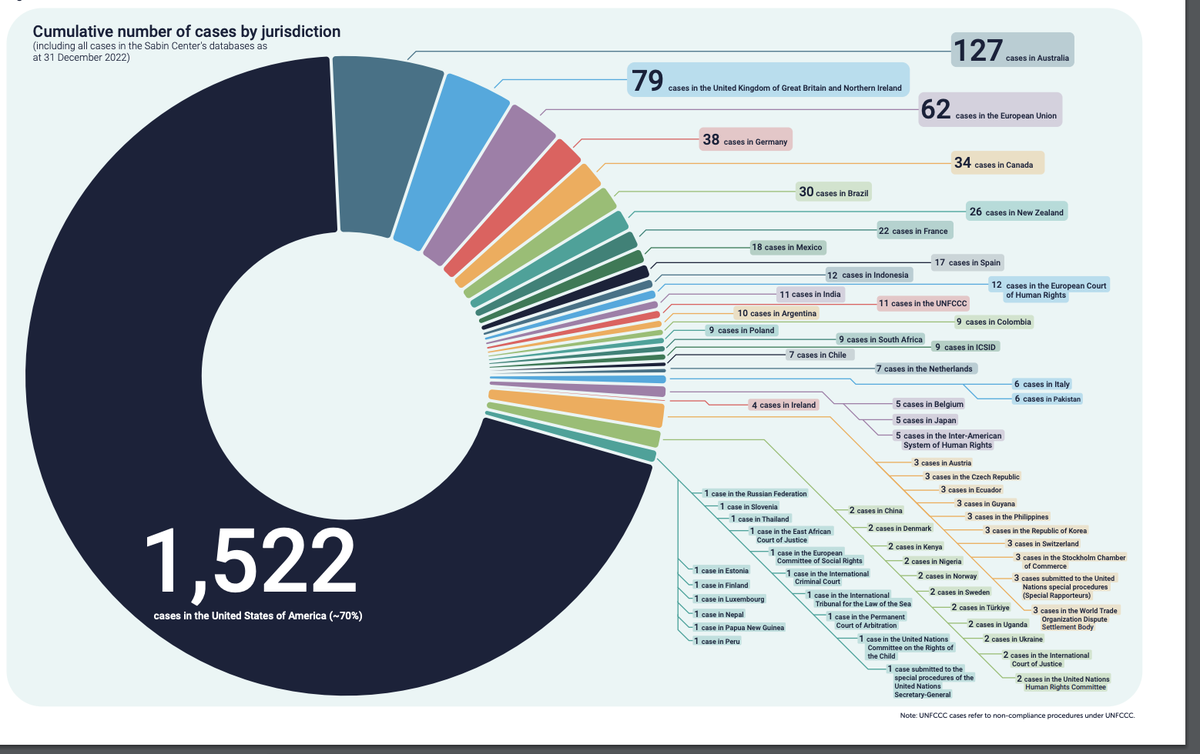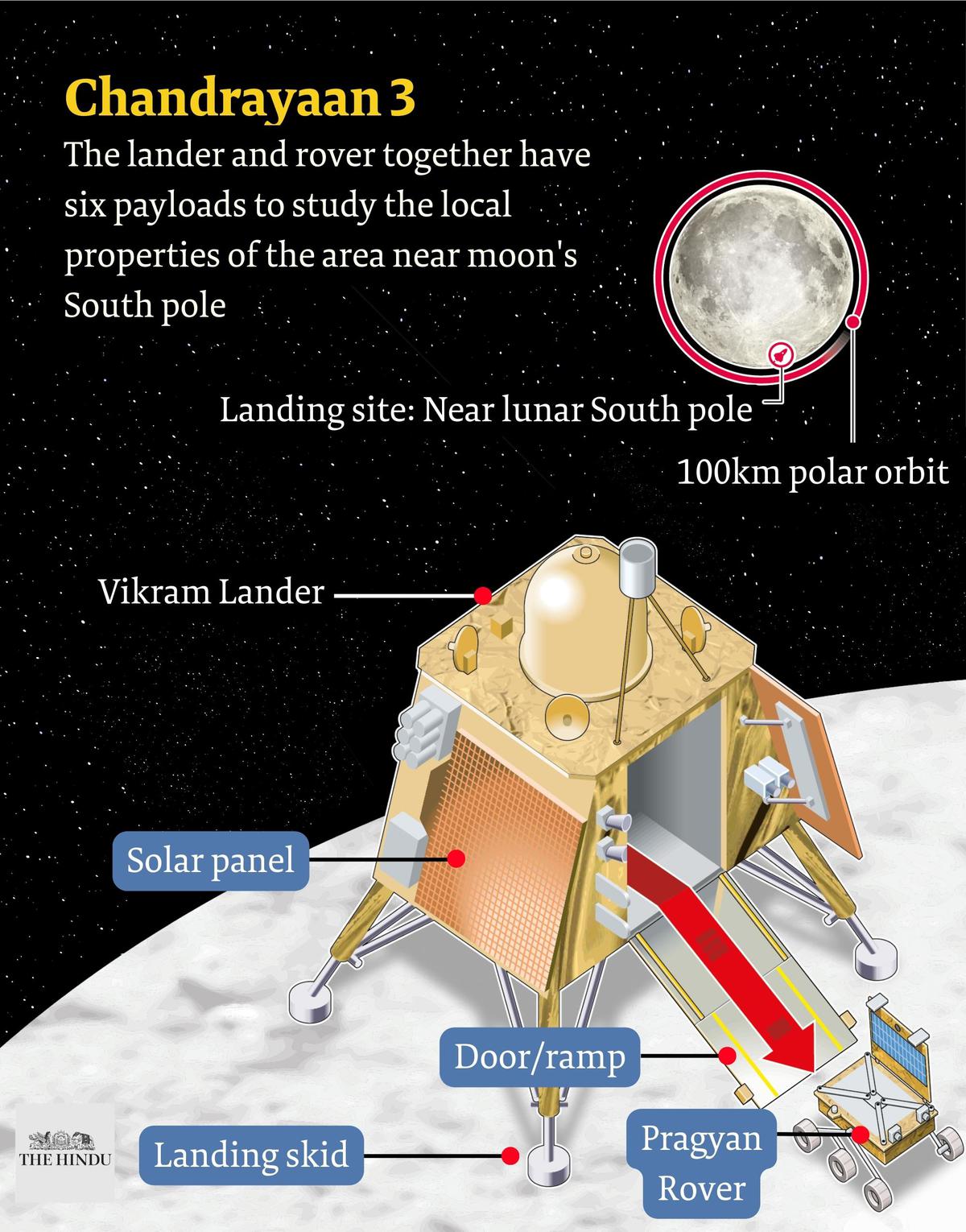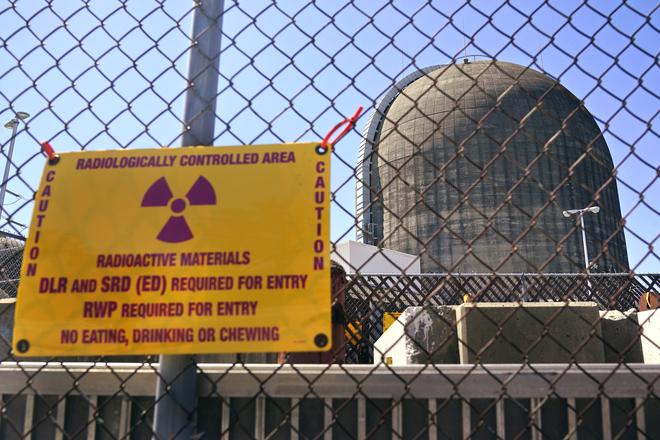A creative illustration of a quantum computer.
| Photo Credit: Getty Images/iStockphoto
The United Nations has said 2025 will be designated the ‘International Year of Quantum Science and Technology’. In a statement, the body said the initiative will be “year-long”, “worldwide”, and that it will “be observed through activities at all levels aimed at increasing public awareness of the importance of quantum science and applications.”
The proclamation is the result of a resolution led by Mexico in May 2023 and which was soon joined by other countries. By November that year, almost 60 countries had co-sponsored the resolution and the UNESCO General Conference adopted it. In May this year, Ghana submitted a draft resolution to the U.N. General Assembly asking for an official proclamation, with the support of over 70 other countries. The General Assembly acceded on June 7.
The timing isn’t entirely coincidental. Next year will be a century since the German physicist Werner Heisenberg published a famous paper in which he reinterpreted a series of tweaks — required for classical mechanics to make sense of the quantum phenomena being discovered in the late 19th and early 20th centuries — to lay the foundation stone of what would come to be called quantum mechanics. He was awarded the Nobel Prize for physics seven years later, roughly around the time he devised his famous uncertainty principle.
According to the UN statement, the proclamation has also received the endorsements of the International Union of Pure and Applied Physics, the International Union of Pure and Applied Chemistry, the International Union of Crystallography, and the International Union of History and Philosophy of Science and Technology.
Quantum science and technologies have been featuring more often in public conversations and issues of late thanks to quantum computers. While fully operational machines of this type don’t yet exist, researchers and industry experts believe it is a matter of time.
In line with this belief, the Government of India announced a ‘National Quantum Mission’ in April 2023 at a cost of Rs 6,000 crore, to be implemented from 2023 to 2031 by the Department of Science & Technology (DST). According to Akhilesh Gupta, a senior DST advisor and the head of the Mission, it will have four verticals: quantum computing, quantum communication, quantum sensing and metrology, and quantum materials and devices.

Many researchers expect functional quantum computers will have transformative effects on electronics, clean energy, and drug development, given their superior computational abilities.
According to the U.N. statement, its proclamation “is a signal for any individual, group, school, institution, or government to use 2025 as an opportunity to increase awareness about quantum science and technology.” It added that a steering committee is also “planning global initiatives and events, particularly those that reach audiences unaware of the importance of quantum science and technology.”
Physics World reported that an opening ceremony is expected to be conducted on January 14, 2025, in Berlin.

